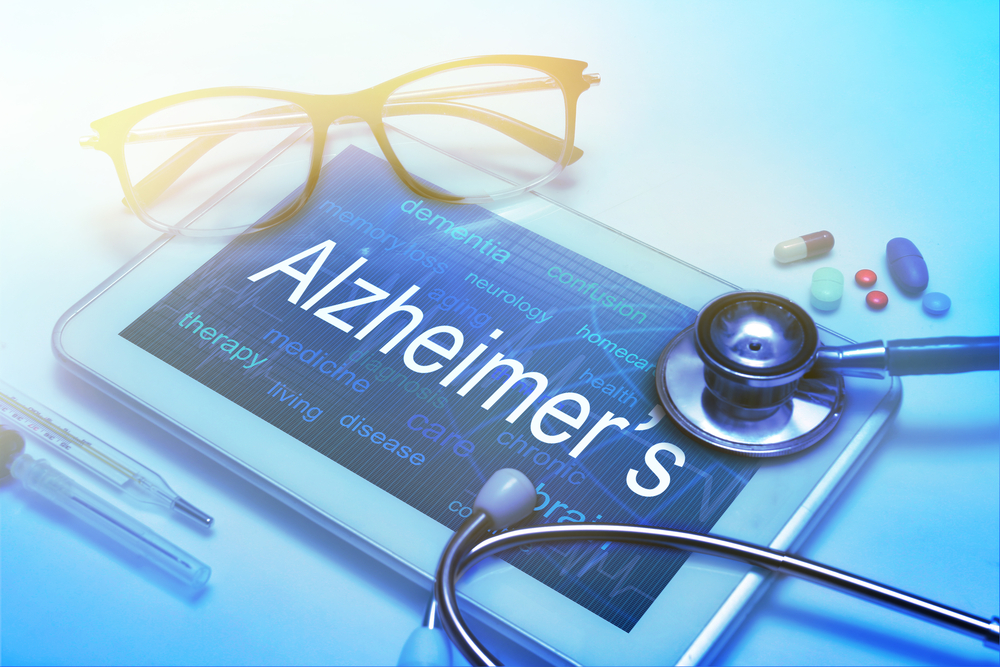Why National Alzheimer’s Awareness Month Matters
Written by |

In 1983, U.S. President Ronald Reagan designated November as National Alzheimer’s Awareness Month. Coincidentally, 11 years later, Reagan was diagnosed with Alzheimer’s.
The 40th U.S. president revealed his fate in a letter to the American people in 1994, writing: “I now begin the journey that will lead me into the sunset of my life. I know that for America there will always be a bright dawn ahead.”
Reagan’s battle with Alzheimer’s ended nearly a decade later, two years after former first lady Nancy Reagan referred to their struggle as the “long, long goodbye.”
Alzheimer’s growing toll
By revealing their struggle, the Reagans provided a great service by shining a light on Alzheimer’s and its effect on families. Nancy Reagan referred to the experience as a lonely one.
Fewer than 2 million people in the U.S. were diagnosed with Alzheimer’s in 1983. Since then, that statistic has more than doubled, with 5.8 million people currently living with the most common form of dementia.
No statistic reflects the number of people who are touched by Alzheimer’s. A single diagnosis affects spouses, children, friends, and millions of familial and professional caregivers. More than 16 million caregivers in the U.S. provide unpaid care. Alzheimer’s and dementia will cost the country $290 billion this year, with a projected cost of $1.1 trillion or more by 2050.
Putting knowledge into practice
Education drives National Alzheimer’s Awareness Month. Knowledge is power. It arms us with the necessary tools to face what could be on the horizon.
Education also provides caregivers with critical resources. Awareness draws attention to the dire circumstances that surround Alzheimer’s, both personally and nationally. The month of November is a great time to evaluate why Alzheimer’s, which is growing rapidly in prevalence, has less funding for research compared to other diseases.
Education simply for education’s sake is useless. Knowledge is only powerful if it is utilized. Application is key.
***
Note: Alzheimer’s News Today is strictly a news and information website about the disease. It does not provide medical advice, diagnosis, or treatment. This content is not intended to be a substitute for professional medical advice, diagnosis, or treatment. Always seek the advice of your physician or other qualified health provider with any questions you may have regarding a medical condition. Never disregard professional medical advice or delay in seeking it because of something you have read on this website. The opinions expressed in this column are not those of Alzheimer’s News Today or its parent company, Bionews Services, and are intended to spark discussion about issues pertaining to Alzheimer’s disease.






Ron Randall
My 84 year old wife of 59 year's has Louis decease. It is similar to Alzheimers, with the same end result. Hope the brilliant people in the medical industry can find a cure for it ASAP
Ray Burow
Mr. Randall,
Congratulations on 59 years of marriage. Certainly, you have many wonderful memories with your dear wife. I am sorry that her diagnosis is your new reality. I pray that your 59 years together will sustain you through this terrible trial, and that along the way, you and your bride will have great moments of joy.
Like you, I am hoping that medical science will soon find a cure. I believe that we are closer than we've ever been to finding answers for those living with dementia.
Thank you for reading "Treading Dark Waters."